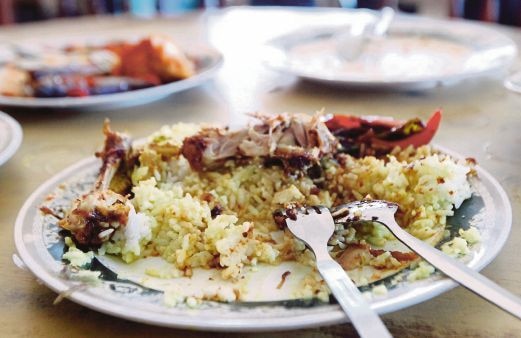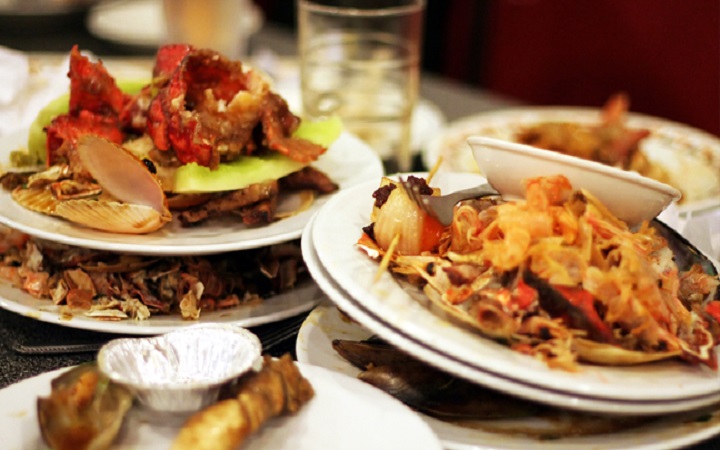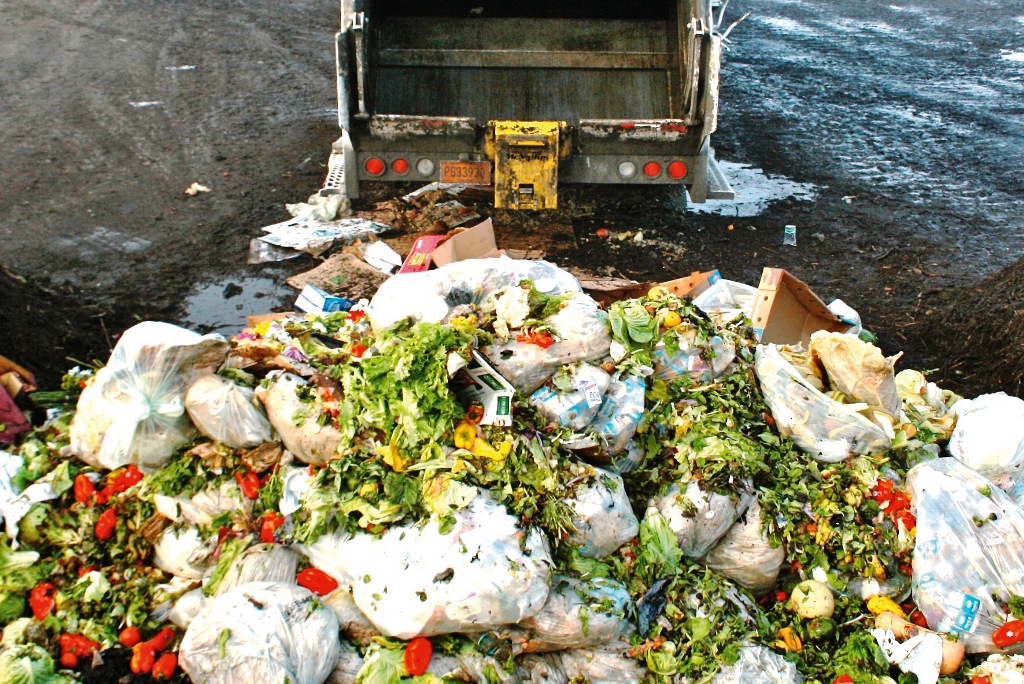People In Penang Throw Away 700,000KG Of Food Every Day
That makes up 40% of the average 1,750 tonnes of solid waste in Penang daily.
Penang is dubbed by many as the food paradise of Malaysia.
But, did you know that an average of 700,000kg food is wasted in the state daily?
That's the weight of almost 700 Myvis!
New Straits Times (NST) quoted the State Welfare, Caring Society and Environment Committee chairman Phee Boon Poh, saying that the hefty amount of wastage makes up 40% of the average 1,750 tonnes of solid waste in the state daily.
National Solid Waste Management Department statistics also show that the largest contributor to solid waste in Penang is food waste, at an average of 3,000 tonnes daily.
It was reported last year that Malaysians waste 15,000 tonnes of food daily and 3,000 of it is still fit for consumption.
According to the report, most of the food wastage comes from restaurants, hotels, and catering businesses in Penang
In particular, wedding and open house caterers are said to contribute greatly to the food wastage in the state daily.
NST spoke to a few people involved in these industries, including Sahubar Ali, the owner of popular Nasi Kandar Line Clear restaurant in Georgetown. The food wastage in his restaurant is about 5 to 10kg daily.
"In the nasi kandar business, we have to cook many dishes daily to cater to our customers' taste. We cannot avoid cooking some dishes as there may be customers who enjoy them.
"The only thing we can do is to cook fewer unpopular items and make fresh batches of popular items as they are finishing," explained Sahubar Ali, adding that certain customers have the habit of leaving a quarter of their food uneaten, especially the rice.
Meanwhile, Frandy Beach co-owner K. Thamo, said that there's not much food wastage from his restaurant. They would usually donate their leftovers to homes and dog shelters to avoid wastage.
Meanwhile, T. Murugan, a Batu Lanchang market vegetable seller, told NST that his problem of food wastage stems from the fact that they have to throw away rotten vegetables.
"Sometimes, some vegetables are rotting or overripe by the time we receive them. Customers will not buy these vegetables.
"Other times, customers squeeze or press them. As such, we will have to throw them away," said Murugan.
In his efforts to reduce food wastage, Murugan said that he would usually give these rotten, unsold vegetables to organic farms to be used as compost.
Responding to the worrying food wastage situation in Penang, Institute of Agricultural and Food Policy Studies director Professor Dr Fatimah Mohamed Arshad, said the government must immediately address the problem before it gets worse
The Agriculture and Agro-based Industry Deputy Minister Nogeh Gumbek said last year that Malaysians waste an average of 15,000 tonnes of food daily.
Image via Wikimedia Commons/Clean Malaysia"This figure, while not as high as in other countries, like the United States, is nevertheless alarming," Fatimah told NST.
She suggested the government to look into food wastage awareness campaigns, and introducing policies and guidelines that can maybe include portion control and price hikes.
"Policies and guidelines on how to manage food wastage need to be set for hotels, restaurants, catering businesses and grocery stores. This needs to be studied intensively and implemented, with officers enforcing the guidelines. There should be a penalty for establishments that fail to adhere to the policies and guidelines," added Fatimah.


